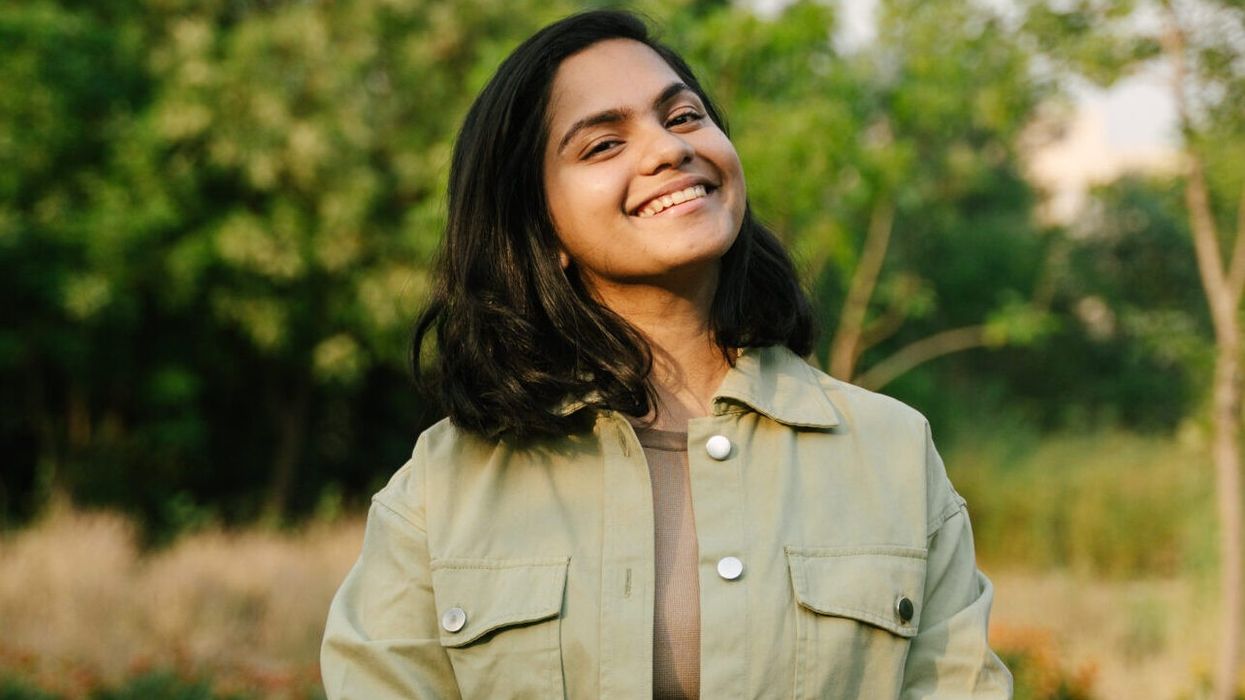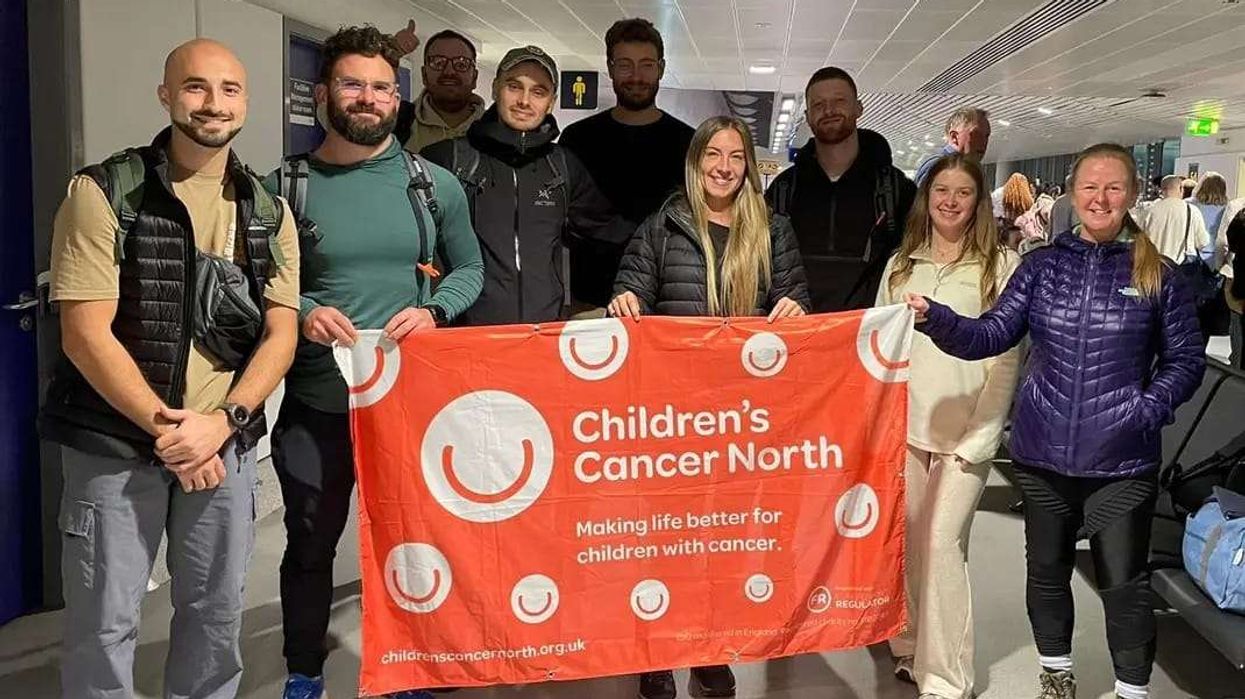GROWING up in an environment where financial discussions were commonplace, combined with her outstanding academic success, first connected Shreyaa Kapoor to a finance-focused career.
That natural inclination towards numbers and analysis further nurtured her interest in understanding economic dynamics and investment strategies. This has led towards a successful career and making an impact as a finance content creator with over 660,000 Instagram followers.
Eastern Eye caught up with the finance whizz to talk about her journey and money saving tips. She also highlighted common money mistakes people make, the importance of females to be financially independent, tips for entrepreneurs and advice for those feeling overwhelmed.
What first connected you to choose a finance-focused career?
My initial connection to a finance-focused career was multifaceted. Achieving an all India rank of 51 in one of Delhi University's esteemed colleges instilled a deep sense of confidence and curiosity about the financial landscape. This academic success, coupled with a natural inclination towards numbers and analysis, laid the foundation for my finance passion. Additionally, growing up in an environment where financial discussions were commonplace guided me towards pursuing a career in finance.
What led towards you becoming a finance-based content creator?
I transitioned to finance-based content creation to leverage my expertise in finance and consultancy to provide accessible financial education. I saw an opportunity to bridge the gap between complex financial concepts and everyday understanding by creating content that democratises financial literacy for a broad audience.
What has the experience of creating money saving reels been like?
Creating money-saving reels has been enriching yet challenging. It allows me to make financial education engaging and accessible through bite-sized, entertaining content. Seeing these reels resonate with millions and spark conversations about personal finance is incredibly rewarding. Their viral success reinforces the power of creativity and relatability in driving financial empowerment.
How do you find the various money saving ideas?
I find money-saving ideas through a combination of research, using my finance expertise, engaging with the community, following trends, and soliciting audience feedback. The goal is to provide practical, relevant strategies that empower smart financial decisions.
With the cost of living rising rapidly, how important is it to be financially aware?
During times of rising costs and economic uncertainty, financial awareness is crucial. It enables people to navigate challenges effectively, make informed money decisions, and build resilience. Understanding concepts like budgeting, saving, and debt management empowers individuals to better manage their finances and position themselves for long-term success.
What top money saving tips would you give?
Top money-saving tips I would recommend includes creating and sticking to a realistic budget. Prioritise needs over wants and avoid impulse buys. Research and compare prices for major purchases. Utilise discounts, coupons, and loyalty programs. Minimise unnecessary expenses like dining out or subscriptions. Negotiate bills, refinance loans and renegotiate contracts.
What are some of the common mistakes people make when it comes to money management?
Common mistakes people make when it comes to money management include overspending and living beyond their means. Also not saving for emergencies/goals, neglecting investing/retirement planning and ignoring debt or accruing high-interest debt. Not seeking financial advice when needed, falling victim to lifestyle inflation, and failing to track expenses/spending habits are some common errors that can be avoided.
Is there a secret to becoming successful in business?
The secret of success in business lies in a combination of factors, including hard work, resilience, adaptability, and a passion for what you do. While there is no one size-fits-all formula, successful entrepreneurs often possess a growth mindset, a willingness to learn from failure, and the ability to adapt to changing market conditions.
What other advice would you give?
Building a strong network of mentors, collaborators, and supporters can provide valuable guidance, resources, and opportunities for growth. Ultimately, success in business requires a vision, disciplined execution, and a commitment to continuous improvement and innovation.
What advice would you give those having money problems, who feel overwhelmed?
For those overwhelmed by money problems, seek help from financial professionals. Create a realistic budget, prioritise expenses, and explore ways to increase income or reduce costs. Remember challenges are temporary - persevere, stay determined, and don’t hesitate to get support when needed.
How important is it for women to be financially independent?
Financial independence is crucial for women, providing autonomy, security and empowerment. It allows them to pursue goals without relying on others financially. This fosters self-confidence, resilience and helps break free from gender-based financial disparities. Financial independence gives women resources to navigate challenges, seize opportunities and achieve their full potential.
What are your future career plans?
Moving forward, I plan to continue innovating and expanding my reach in finance content creation. My goals are to develop initiatives that further democratise financial knowledge, collaborate to increase impact, and advocate for greater financial inclusion and equity, especially for underserved communities. Ultimately, I aim to inspire and empower others toward financial freedom and success.
What inspires you?
I’m inspired by the impact of empowering others through financial literacy, the constant innovation in finance, and the positive engagement from my audience. I also draw inspiration from trailblazers pushing boundaries and driving change. Ultimately, I’m motivated by the opportunity to make a meaningful difference and leave a lasting legacy of empowerment.
Instagram: @shreyaakapoor












